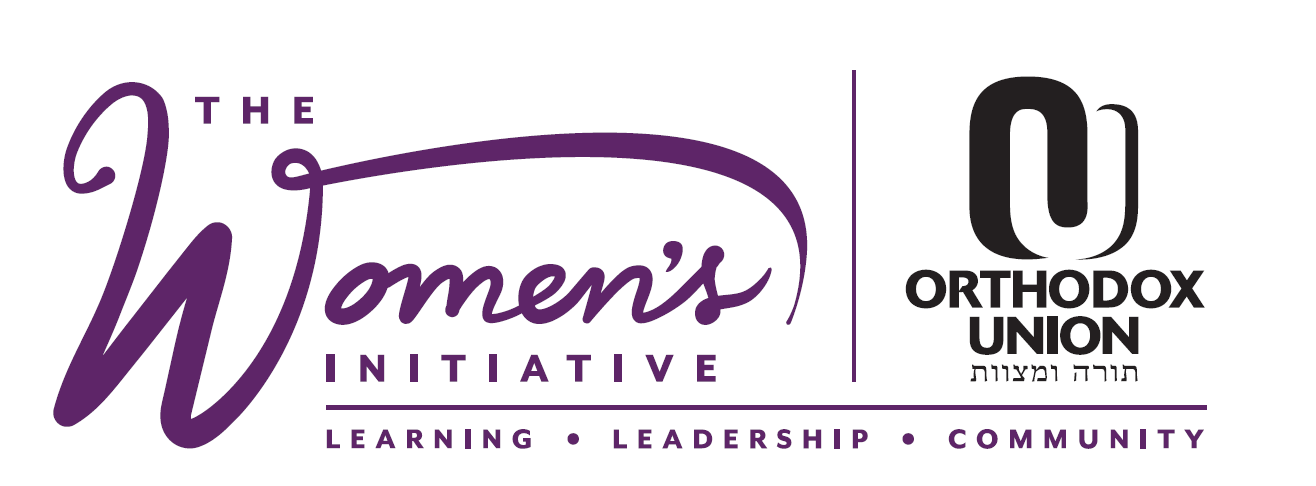8. When is Lying Permitted? (Part 2)
Dedicated by Fran Broder as a zechus for the hostages to be released safely to their families and may everlasting peace come to Eretz Yisrael in the merit of learning Hilchot Bein Adam L’Chaveiro
1. One is permitted to lie in situations involving privacy or tzeniut when necessary, provided that it is not an outright lie. For example, a woman who must immerse in the mikvah may tell family members or friends that she “has an important meeting.” If even this is not effective (e.g., they inquire further as to who or where the meeting is taking place), she may lie in an outright manner as well (Shevet Hakehati 1). One is also allowed to lie for purposes of humility, such as if someone asks them if they are knowledgeable about a certain topic (Bava Metzia 23a).
2. One may lie in order to avoid violating a halachic prohibition when necessary. For example, one may lie when offered non-kosher food or food with Kashrut supervision on a lower level than one normally eats by saying that one is on a diet or not hungry. But ideally, here too one should try to use a “white lie” such as saying that one “is not in the mood” and not lie outwardly.

